
What ‘psychological warfare’ tactics do scammers use, and how can you protect yourself?

How to protect your data privacy: A digital media expert provides steps you can take and explains why you can’t go it alone

Dark patterns: how online companies strive to keep your money and data when you try to leave
- By Robbee Wedow

Many repositories store genetic data and other biospecimens like blood, urine or tumor tissue to be used in a wide number of future studies.

A series of gunshots fired late at night in East Atlanta recently prompted my neighbor to post on our local Facebook group, asking what we can do as a community to make it less dangerous to live and work in the area.

There has been a tenfold increase in sexual abuse imagery created with webcams and other recording devices worldwide since 2019, according to the the Internet Watch Foundation.

You have just returned home after a long day at work and are about to sit down for dinner when suddenly your phone starts buzzing. On the other end is a loved one, perhaps a parent, a child or a childhood friend, begging you to send them money immediately.

In exchange for access to their digital products and services, many tech companies collect and use our personal information. They use that information to predict and influence our future behaviour.
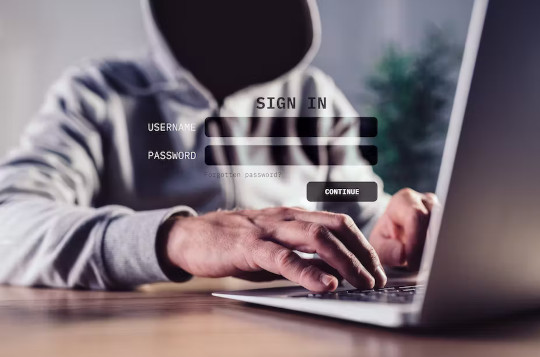
Keeping up with the latest digital cons is exhausting. Fraudsters always seem to be one step ahead.

The internet plays a central role in our lives. I — and many others my age — grew up alongside the development of social media and content platforms.

With nearly 84% of the world’s population now owning a smartphone, and our dependence on them growing all the time, these devices have become an attractive avenue for scammers.

Increased police monitoring of young people leads to more school discipline referrals and arrests, typically of Black and Latino youth.
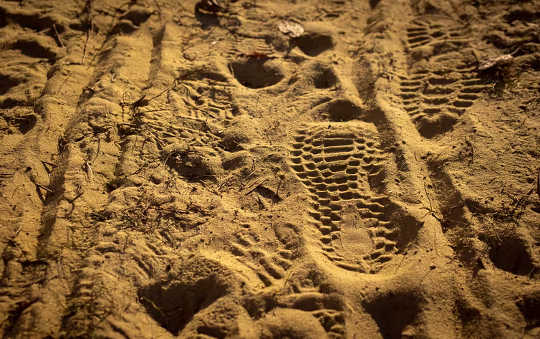
When you use the internet, you leave behind a trail of data, a set of digital footprints. These include your social media activities, web browsing behavior, health information, travel patterns, location maps, information about your mobile device use, photos, audio and video.
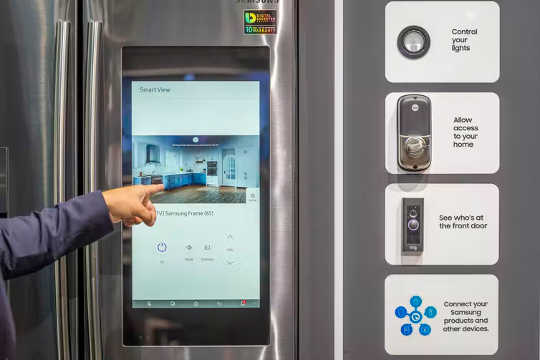
Have you ever felt a creeping sensation that someone’s watching you? Then you turn around and you don’t see anything out of the ordinary. Depending on where you were, though, you might not have been completely imagining it.

Houses are getting smarter: smart thermostats manage our heating, while smart fridges can monitor our food consumption and help us order groceries. Some houses even have smart doorbells that tell us who is on our doorstep.

Many people think of privacy as a modern invention, an anomaly made possible by the rise of urbanization. If that were the case, then acquiescing to the current erosion of privacy might not be particularly alarming.
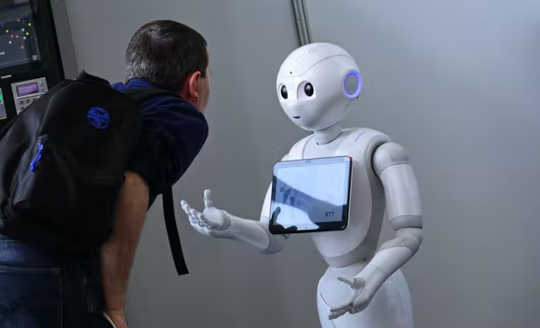
There are the obvious examples: fingerprint scanners that unlock doors and facial recognition that allows payment through a phone. But there are other devices that do more than read an image — they can literally read people’s minds.

Most participants in a recent study had no idea that their email addresses and other personal information had been compromised in an average of five data breaches each.
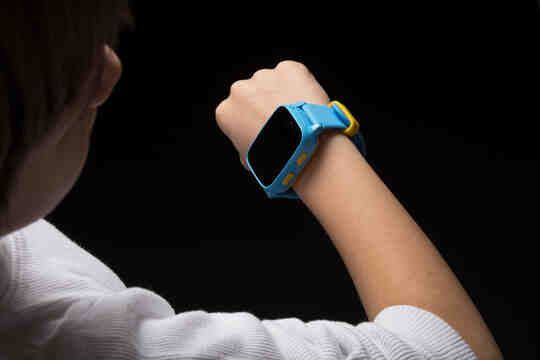
The wearable technology market is booming, with half a billion wearables sold globally in 2020. Apps on these devices, or the devices themselves, often claim to monitor our health to spot illnesses, track our workouts to help us reach our fitness goals, or keep an eye on
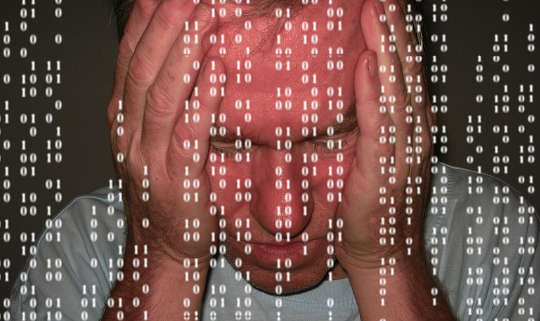
The destination of stolen data depends on who is behind a data breach and why they’ve stolen a certain type of data.
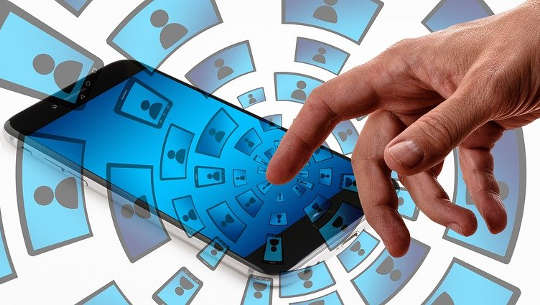
Hackers and cybercriminals place a high premium on our mobile phone numbers – with which they can do a lot of damage with very little effort.

If you hear “This call is being recorded for training and quality control,” it isn’t just the customer service representative they’re monitoring.
- By Bill Kovarik

In 1915, Gabrielle Darley killed a New Orleans man who had tricked her into a life of prostitution. She was tried, acquitted of murder and within a few years was living a new life under her married name, Melvin.














